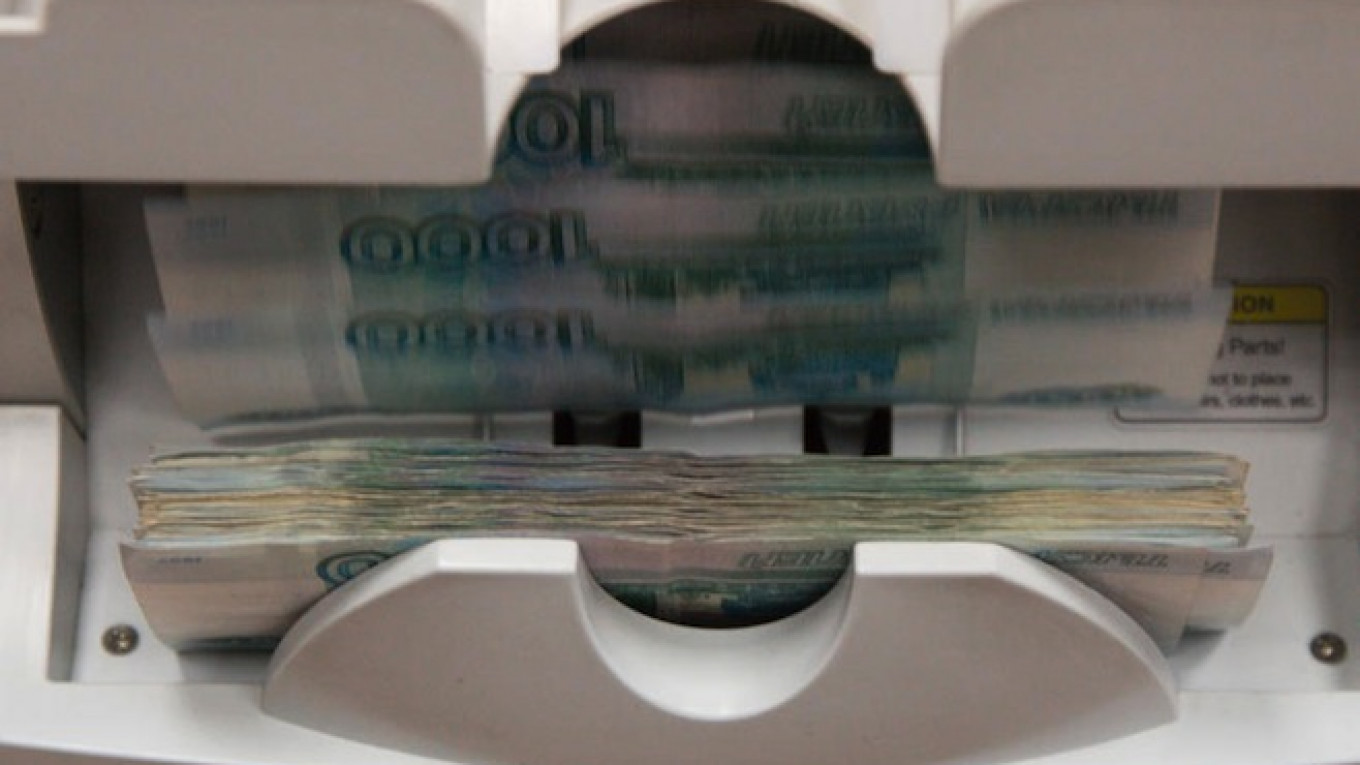LONDON — The Kremlin's worst clash with the West since the 1991 collapse of the Soviet Union has accelerated the outflow of two of Russia's most prized assets: money and brains.
Vladimir Putin's annexation of Crimea and support for rebels accused of shooting down a passenger plane over Ukraine and then hindering the recovery of the 298 bodies have shredded Western hopes of a lasting alliance with Moscow.
Sanctioned by the United States and European Union, Putin's courtiers are under fire, Russia's $2 trillion economy is threatened with isolation and millions of Russians across the world are wondering what next.
Russia is still earning much-needed revenues from pipelines carrying oil and gas to the West, but, less happily for the Kremlin, capital and talent are flowing in the same direction.
Russia's Economy Ministry is forecasting $100 billion in capital outflows for this year, up from $61 billion in 2013, but that looks optimistic. Indeed, some think that figure has already been exceeded.
"Somewhere between $100 billion and $200 billion of capital flight has taken place," said U.S. President Barack Obama on Aug. 6.
European Central Bank President Mario Draghi said back in May that the crisis had prompted "very significant outflows that have been estimated by some to be in the order of 160 billion euro [$214 billion] out of Russia."
Even economists from Moscow's Higher School of Economics forecast outflows could total $130-$150 billion this year.
And it will get worse, according to a senior Western banker.
"Capital outflows will accelerate," he told Reuters on condition of anonymity. "Russian money will go West — to Western Europe, of course, to the main centers — London, Austria, Switzerland."
Micro-Flight
As the money goes out, the flow in the opposite direction has all but dried up.
"You're not seeing a lot of investors coming in new to start businesses inside of Russia," said Obama.
Putin's actions in Ukraine and the West's response have caused a collective shudder in the boardrooms of New York and London.
"If you went into any boardroom right now and said 'I want to invest a billion [dollars] in Russia,' they would laugh you out of the room," said a senior Western banker who asked not to be named.
There could also be a micro-level capital flight going on within Russia itself. Since the chaos that accompanied the collapse of the USSR, Russians have traditionally greeted upheaval by dumping rubles for dollars.
A number of Russians told Reuters they were seeking to change rubles into dollars or euros or trying to move money abroad because of fears capital controls could be imposed if outflows accelerated too fast.
The true extent of cash savings is unclear to even top Central Bank officials, but tens of billions of dollars are said to be squirreled away under Russian mattresses.
Follow the Money
Individuals have also been following the cash trail, and not just the high-profile plutocrats in search of football club playthings, elite schools and luxury property.
The number of Russians emigrating in the last two years was some five times higher than in the two before Putin began a new six-year term in May 2012, official figures show.
Russia's statistics service data shows 186,382 moved abroad in 2013 and 122,751 in 2012, compared with 36,774 in 2011 and 33,578 in 2010. The true figures could be far higher, as they may not capture those who leave but remain formally registered in Russia.
Anecdotally, there are more to come.
"I have seen an increase in queries from Russian high-net-worth individuals, where they're looking to have a safe haven if things go wrong in Russia," said Supinder Sian, a partner in the labor and employment team at Squire Patton Boggs LLP.
So has genealogist Vladimir Paley, who said in July that he has four times more clients now than last year, and they want him to dig up their family history with one goal in mind: making a case to obtain foreign citizenship and leave Russia.
"They are people who have already made money and are now scared to lose it," Paley said.
"We are losing the most educated, most active, most entrepreneurial people," said Lev Gudkov, director of the independent Moscow-based Levada Center pollster.
A Message from The Moscow Times:
Dear readers,
We are facing unprecedented challenges. Russia's Prosecutor General's Office has designated The Moscow Times as an "undesirable" organization, criminalizing our work and putting our staff at risk of prosecution. This follows our earlier unjust labeling as a "foreign agent."
These actions are direct attempts to silence independent journalism in Russia. The authorities claim our work "discredits the decisions of the Russian leadership." We see things differently: we strive to provide accurate, unbiased reporting on Russia.
We, the journalists of The Moscow Times, refuse to be silenced. But to continue our work, we need your help.
Your support, no matter how small, makes a world of difference. If you can, please support us monthly starting from just $2. It's quick to set up, and every contribution makes a significant impact.
By supporting The Moscow Times, you're defending open, independent journalism in the face of repression. Thank you for standing with us.
Remind me later.






